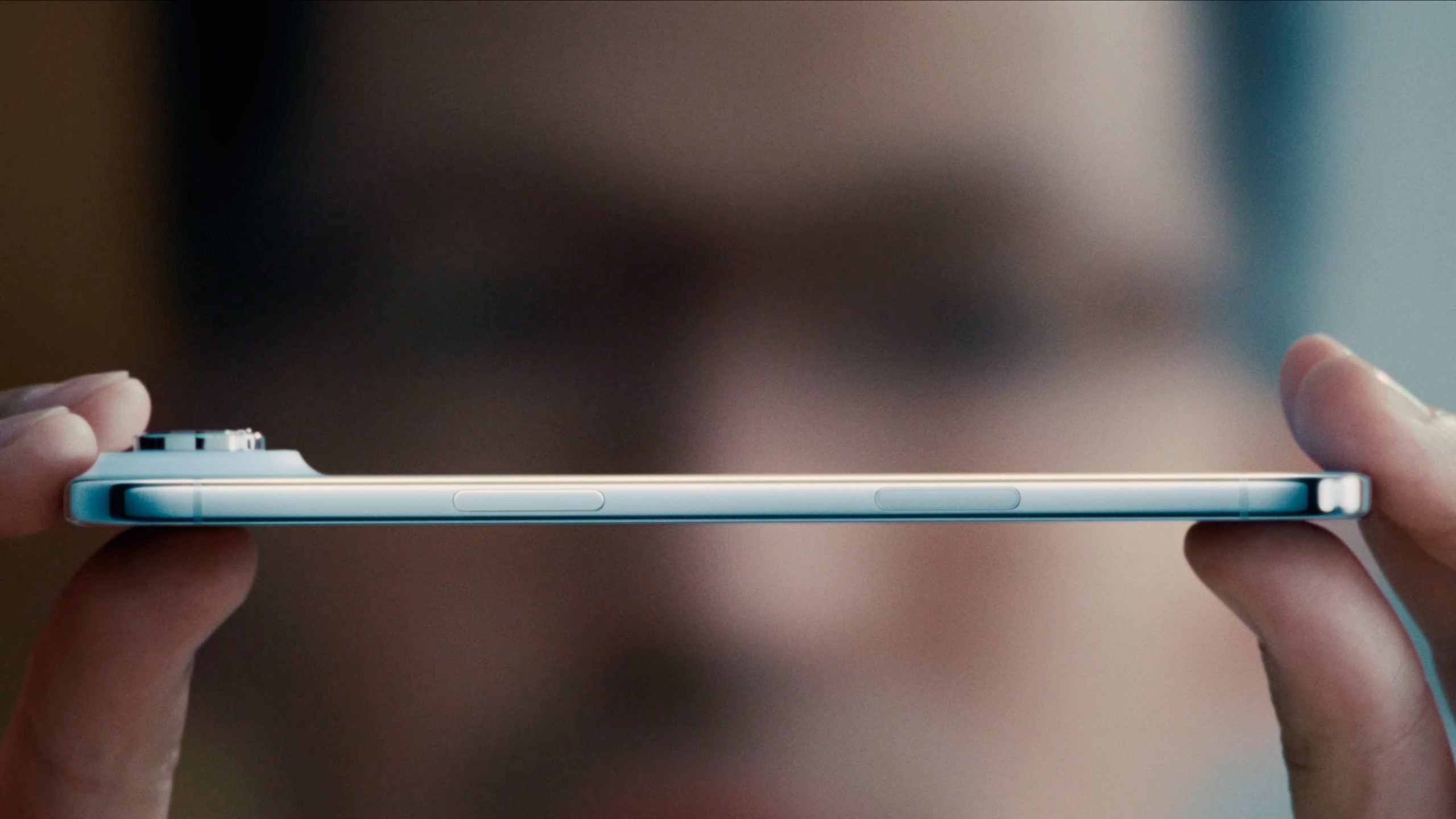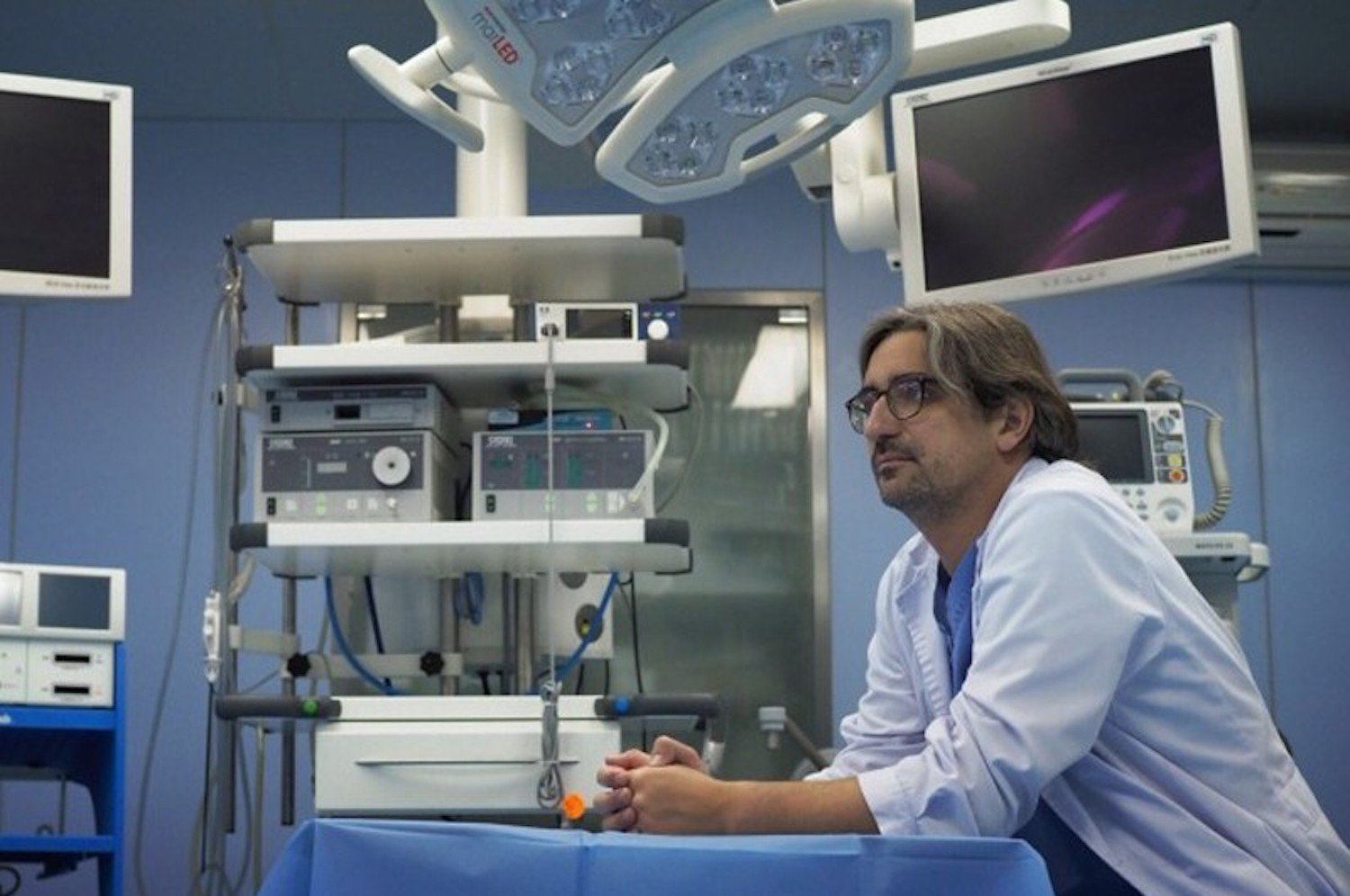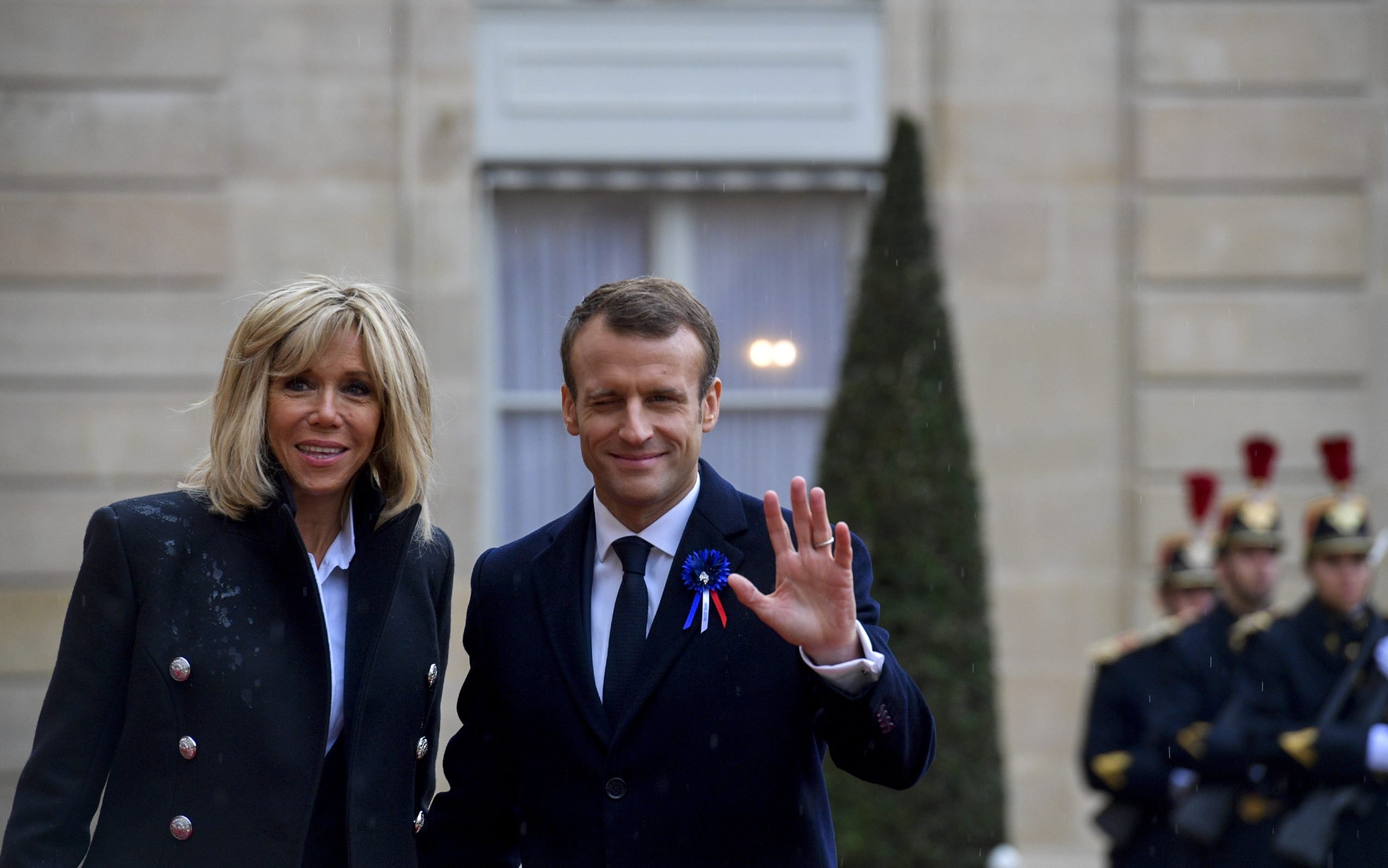Russia announced the completion of a revolutionary vaccine to treat cancer patients. According to Russian officials, the vaccine will be completely free and will begin to be administered to Russian citizens from the beginning of 2025, but the lack of published clinical studies raises a question mark about the vaccine.
The announcement was made by Andrey Kaprin, head of the Medical Research Center of Radiology of the Russian Ministry of Health. The mRNA vaccine uses parts of the patient’s tumor to train the immune system, identifying and destroying cancer cells.
According to Alexander Gintsburg, director of the Gamelaya National Research Center for Epidemiology and Microbiology, artificial intelligence also forms the basis of creation. Gintsburg points out that the use of artificial intelligence through neural networks can significantly reduce the time to create personalized vaccines, allowing the process to be completed in just an hour.
“It’s currently taking a long time to build [vacinas personalizadas] because calculating using a vaccine or personalized mRNA should be mathematically similar to using matrix methods. We involved the Ivannikov Institute in the process of creating the vaccine through neural network calculation, where these calculations will be based on artificial intelligence and these procedures should take about half an hour to an hour,” explains Alexander Gintsburg.
No studies or additional information available
Despite the excitement about the cancer vaccine, the lack of published studies makes the announcement uncertain. There are no studies yet that detail the results of the vaccines, their possible side effects, how they work in depth, or even which types of cancer the product helps treat.
Regarding the implementation of the vaccine, it is unclear whether the Russian government is fully ready for mass administration of the vaccine or whether vaccination at the beginning of 2025 will still be part of the controlled testing phase.
There are no details on whether this technology will be sent to other countries. In addition to Russia, the USA is also developing vaccines against brain cancer, while the UK is also working on vaccines against skin cancer.
Russia’s vaccine record is worrying
It is not the first time that Russia has announced a promising vaccine and raised doubts in the international scientific community. In 2020, at the height of the Covid-19 pandemic, the country approved the Sputnik V vaccine before clinical trials were completed.
Receiving approval and starting the applications in the society before the completion of the 3rd phase studies, which is the most important stage to understand the effectiveness of a vaccine, created distrust at that time. This is the time when large numbers of people were vaccinated and the true protective capacity produced by the formula and possible rarer side effects became apparent.
The rush to approve the vaccine has led to resistance from Russia’s own people and difficulties distributing it to other countries. Anvisa even refused imports in 2022, two years after internal approval in Russia, due to lack of reliable information.
Source: Tec Mundo
I’m Blaine Morgan, an experienced journalist and writer with over 8 years of experience in the tech industry. My expertise lies in writing about technology news and trends, covering everything from cutting-edge gadgets to emerging software developments. I’ve written for several leading publications including Gadget Onus where I am an author.












